Agricultural Management - Agricultural Insights Platform
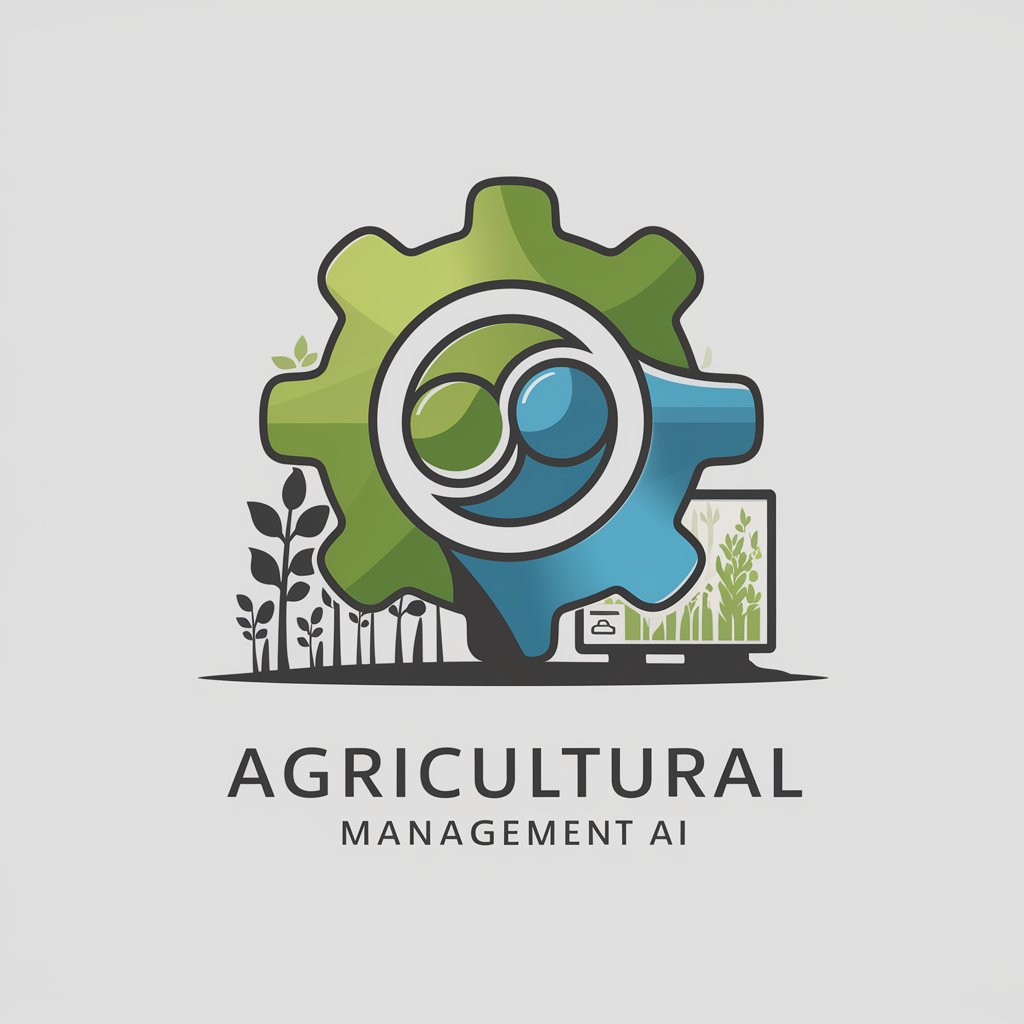
Welcome to your expert source for agricultural business and management insights.
Empowering Agri-business with AI-driven Management
Explain the latest trends in agricultural technology...
What are the key financial metrics to monitor in an agricultural business?
How can sustainable practices be integrated into modern farming operations?
What are the most effective supply chain strategies for agricultural products?
Get Embed Code
Introduction to Agricultural Management
Agricultural Management encompasses the application of business principles and practices within the context of the agricultural industry to improve the efficiency, productivity, and profitability of agricultural operations. It involves a comprehensive approach to managing all aspects of farm and agribusiness operations, from planning and production to marketing, finance, and human resources. For instance, an agricultural manager might develop a strategic plan for crop rotation that optimizes soil health and increases yields, or they might implement a new inventory management system to reduce waste and improve the supply chain efficiency. The design purpose behind Agricultural Management is to support the agricultural sector in addressing the complex challenges it faces, including resource management, sustainability, market volatility, and technological integration, thereby enhancing food security and agricultural sustainability. Powered by ChatGPT-4o。

Main Functions of Agricultural Management
Strategic Planning and Analysis
Example
Analyzing market trends to decide which crops to plant for the next season.
Scenario
A farm manager uses data on consumer preferences and future market forecasts to shift from traditional crops to high-value organic produce, improving profitability.
Financial Management
Example
Implementing budget controls and forecasting to manage farm expenses and revenues.
Scenario
An agricultural business applies for government grants and adjusts its financial strategy to include crop insurance, ensuring financial stability through unpredictable weather conditions.
Supply Chain and Logistics Management
Example
Optimizing the supply chain from farm to market to reduce costs and improve product freshness.
Scenario
A dairy producer collaborates with local transportation companies to streamline distribution, reducing time from farm to retailer and enhancing product quality for consumers.
Technology and Innovation Management
Example
Incorporating precision agriculture technologies to improve crop yields and resource use efficiency.
Scenario
A vineyard implements drone technology for aerial imagery to monitor plant health and irrigation systems, leading to more precise water use and higher quality grape production.
Sustainability and Resource Management
Example
Developing and implementing practices that enhance environmental sustainability and resource conservation.
Scenario
A grain producer adopts no-till farming and cover cropping techniques to improve soil health, reduce erosion, and sequester carbon, contributing to environmental sustainability.
Ideal Users of Agricultural Management Services
Farm and Agribusiness Owners
These individuals directly manage agricultural operations and stand to benefit significantly from strategic planning, financial management, and efficiency improvements. Implementing agricultural management practices can help them to increase profitability, enhance sustainability, and navigate market fluctuations.
Agricultural Consultants and Advisors
Professionals who provide expert advice and support to the agricultural sector. They use agricultural management principles to offer solutions on business operations, sustainability practices, and technological integration to their clients.
Agricultural Educators and Students
These users seek to understand the theory and practice behind effective farm management and agribusiness operations. Agricultural management courses and resources can provide them with the knowledge and skills needed to enter the industry or improve their current practices.
Policy Makers and Government Officials
Individuals in these roles can utilize agricultural management insights to develop policies and programs that support the agricultural sector's economic viability and sustainability. Understanding management principles helps in crafting legislation that promotes efficient resource use, innovation, and market development.

Guidelines for Using Agricultural Management
Start Your Journey
Initiate your Agricultural Management experience by accessing yeschat.ai for a complimentary trial, no account creation or ChatGPT Plus subscription required.
Identify Your Needs
Determine specific agricultural business challenges or areas for improvement, such as crop management, financial planning, or sustainability practices.
Explore Features
Navigate through the platform's features, utilizing tools and resources relevant to your agricultural management needs, including market analysis, operational optimization, and environmental management strategies.
Apply Insights
Implement the strategies and insights gained from the platform into your agricultural operations, leveraging data-driven decision-making for improved outcomes.
Continual Learning
Regularly engage with the platform for updates on agricultural trends, new technologies, and management practices, ensuring ongoing improvement and adaptation to changing market conditions.
Try other advanced and practical GPTs
Farming
Cultivating Sustainability with AI
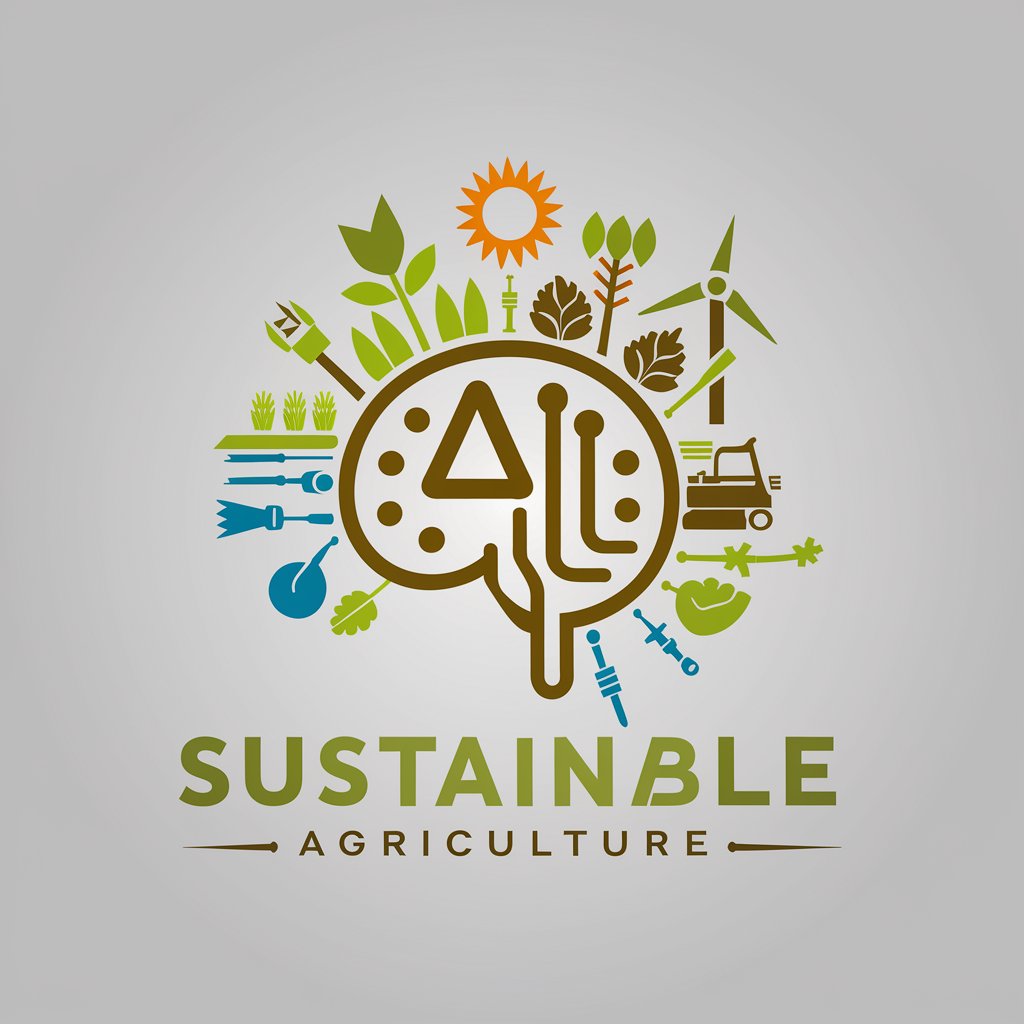
AgriAdvisor
Empowering Farmers with AI-Driven Advice
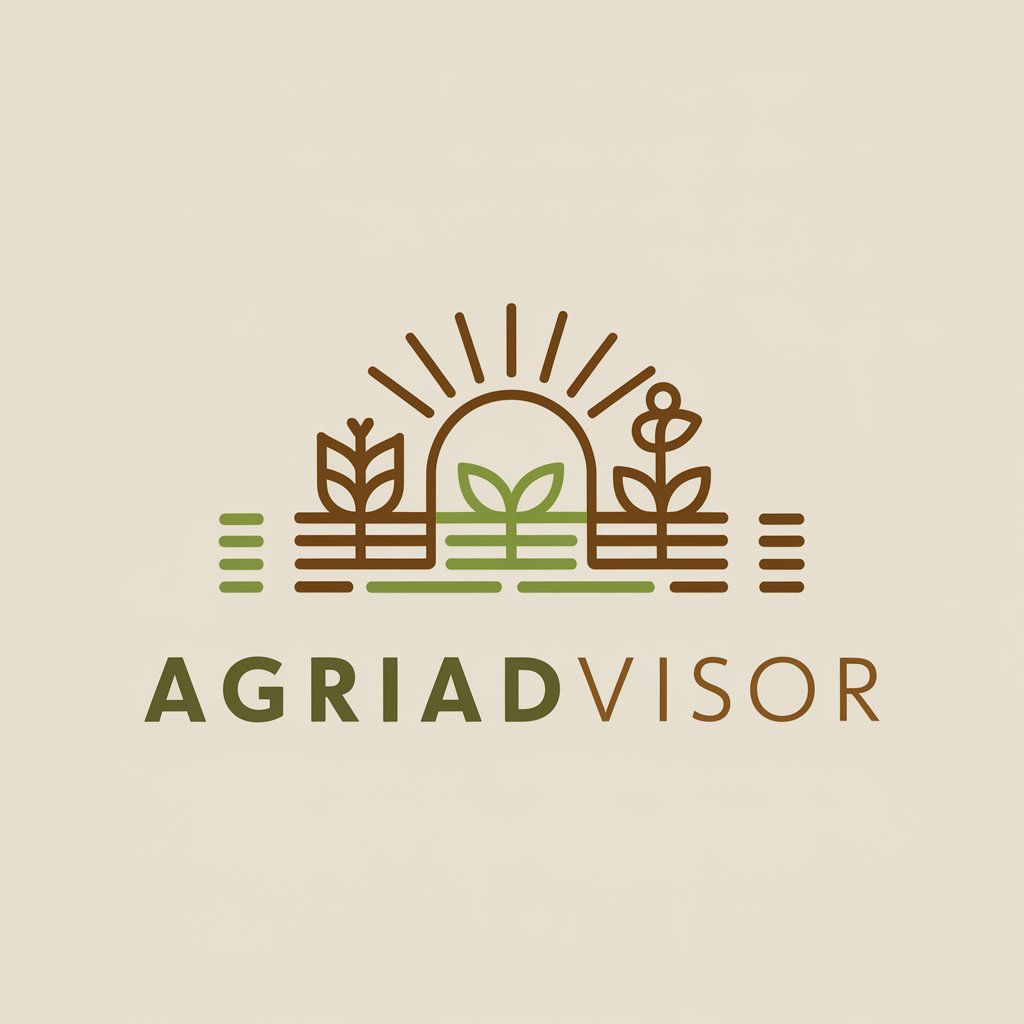
道の駅くりもとイノベーター
Empowering Development with AI Insight

Orchard
Cultivate success with AI-powered orchard intelligence.
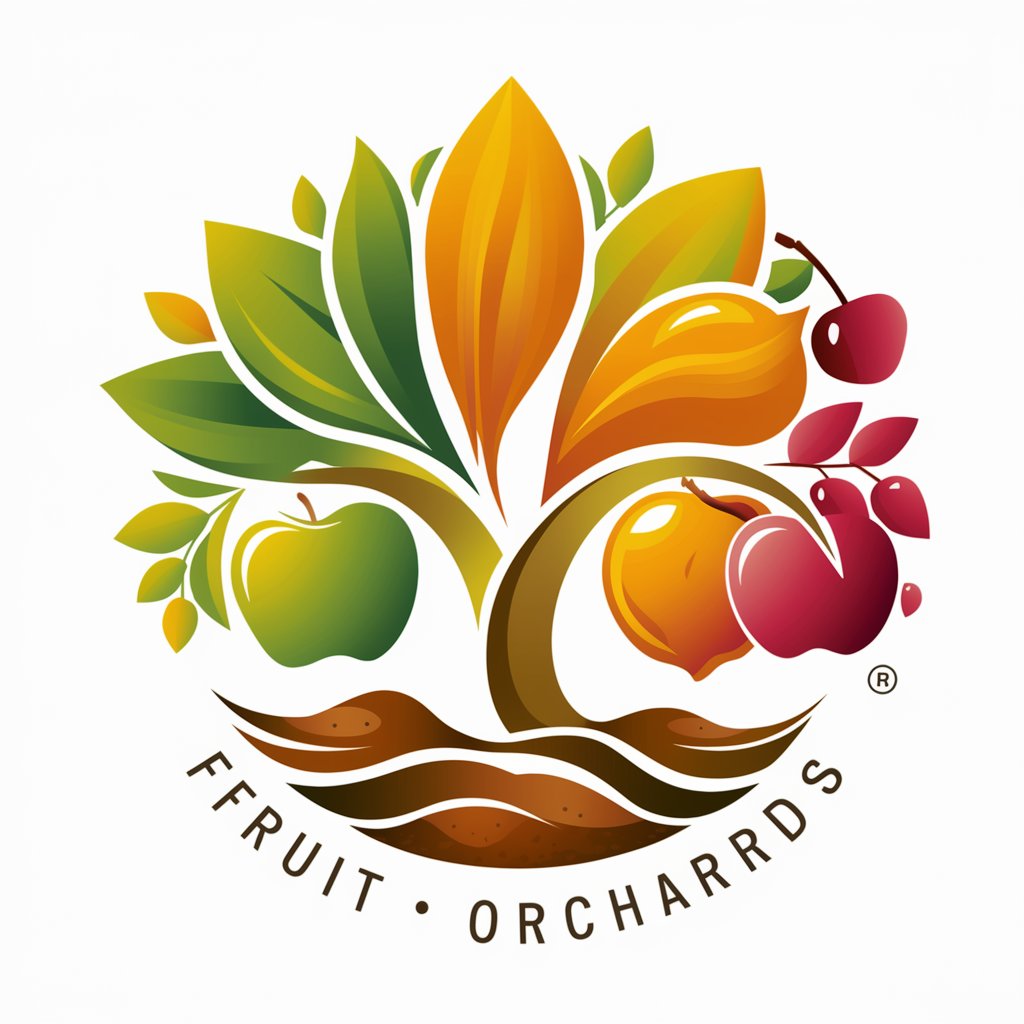
Agricultural Economics
Empowering Agriculture with AI Insights
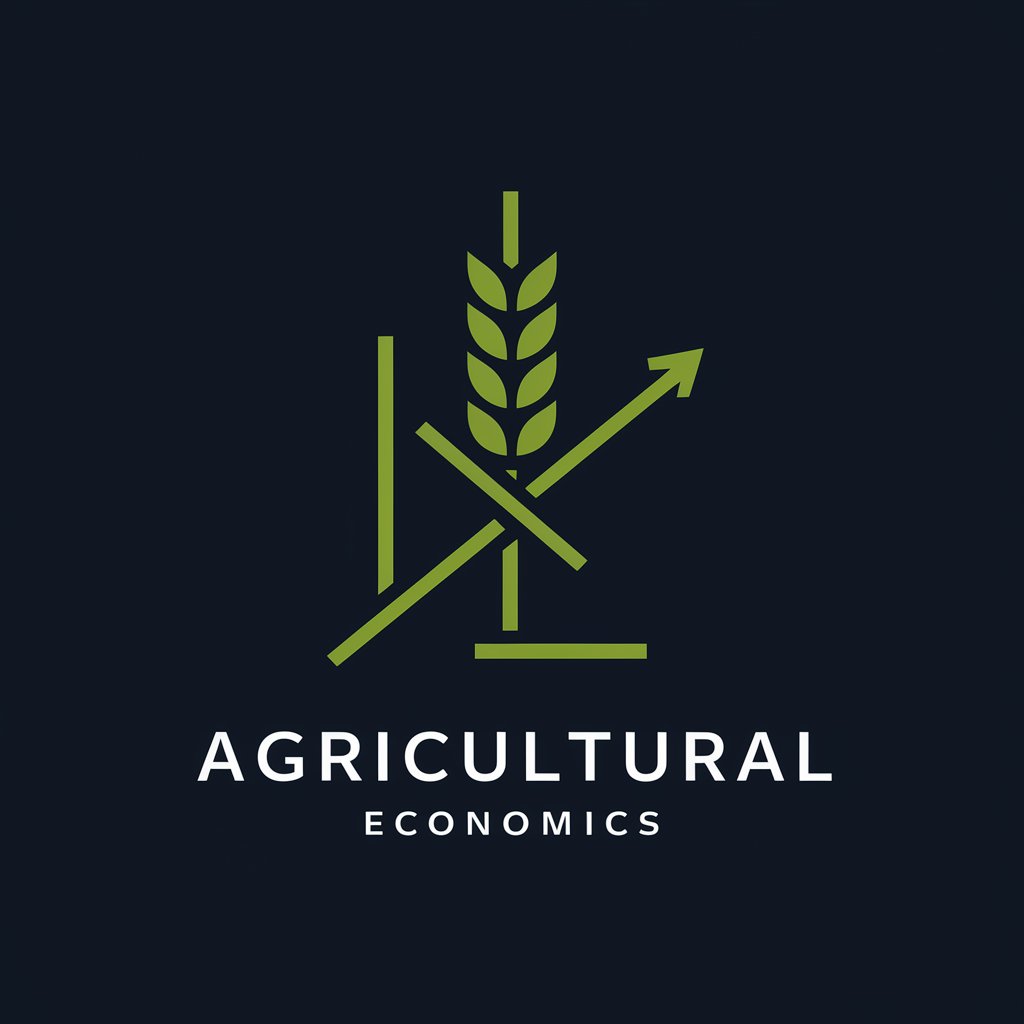
Justaskme
Empowering Insights with AI

Time Table Assistant
Optimize Your Day with AI-Powered Scheduling

Conventional Farming
Empowering Agriculture with AI Insights
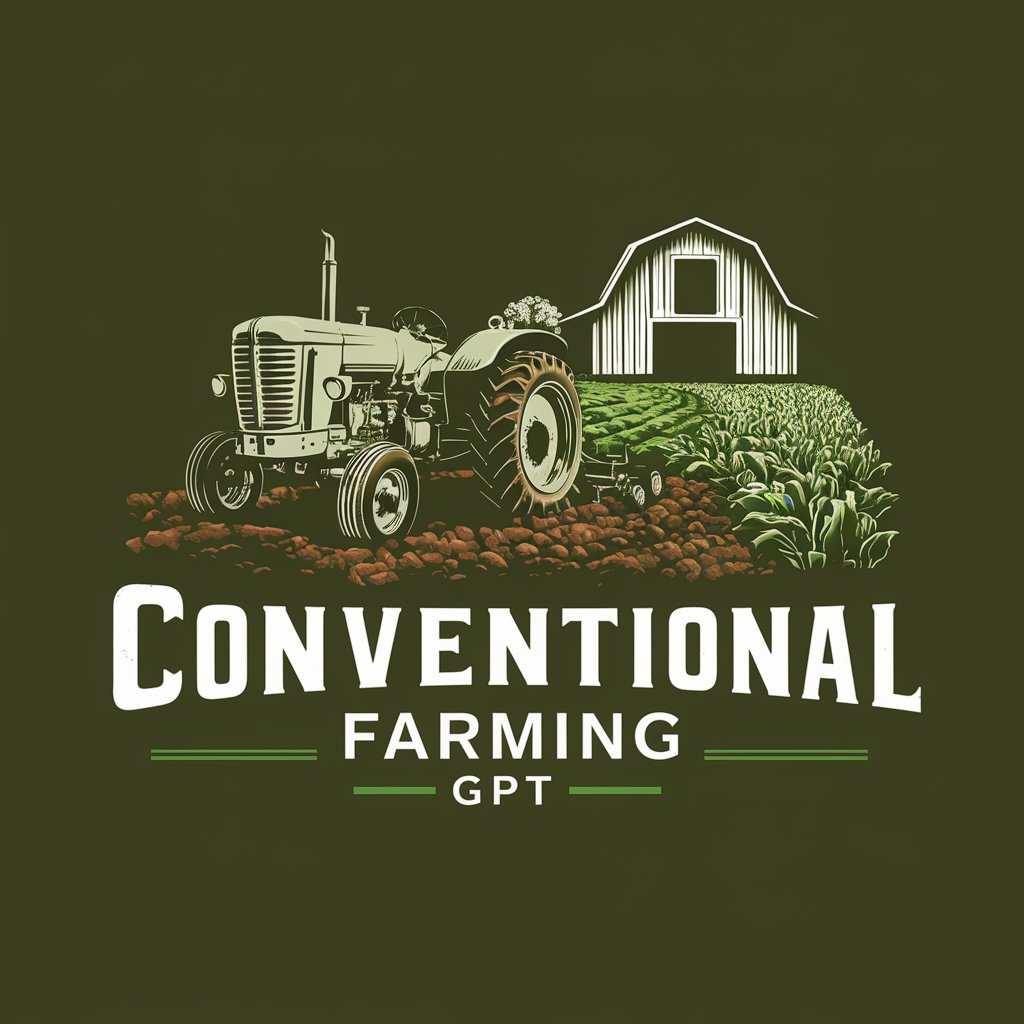
Crop Science
Empowering Agriculture with AI
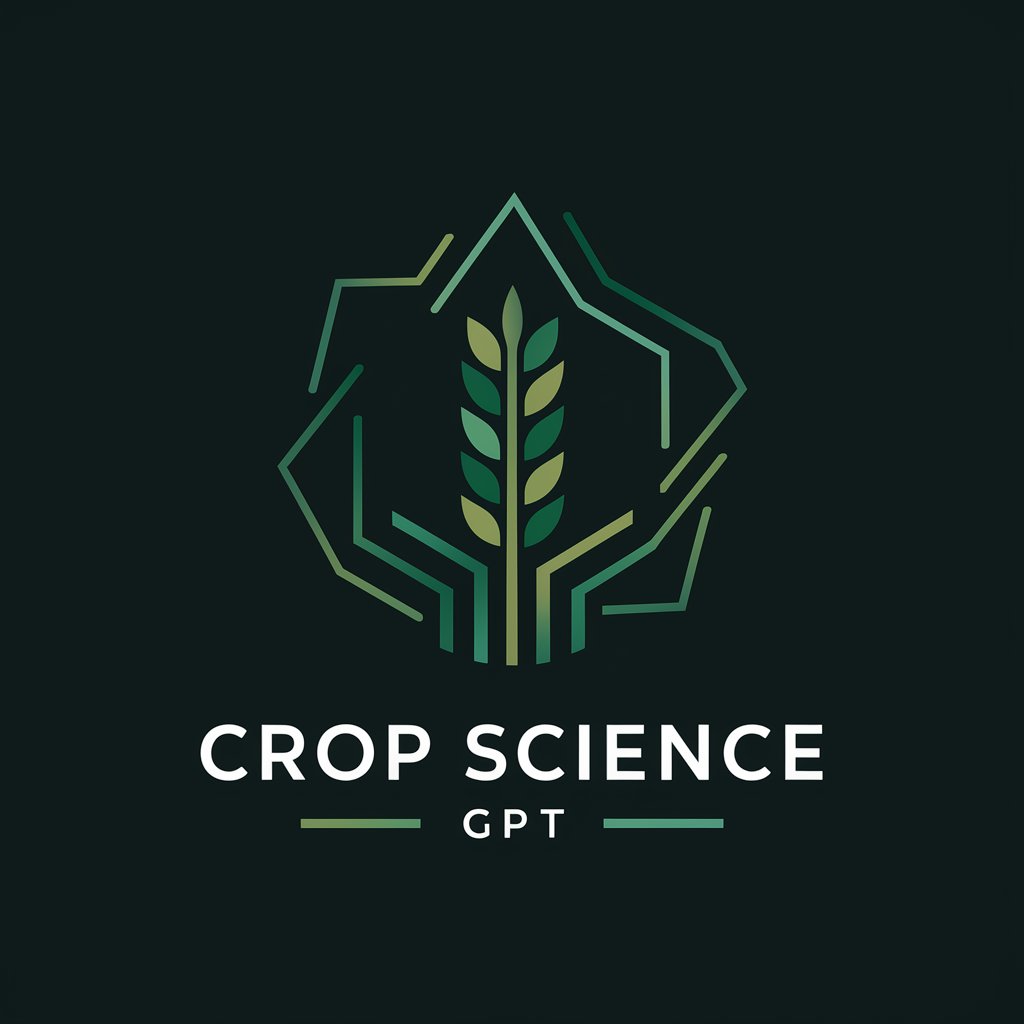
Hydro Grant Helper
Streamlining Hydroponics Grants with AI

Animal Science
Empowering Agriculture with AI-driven Animal Science
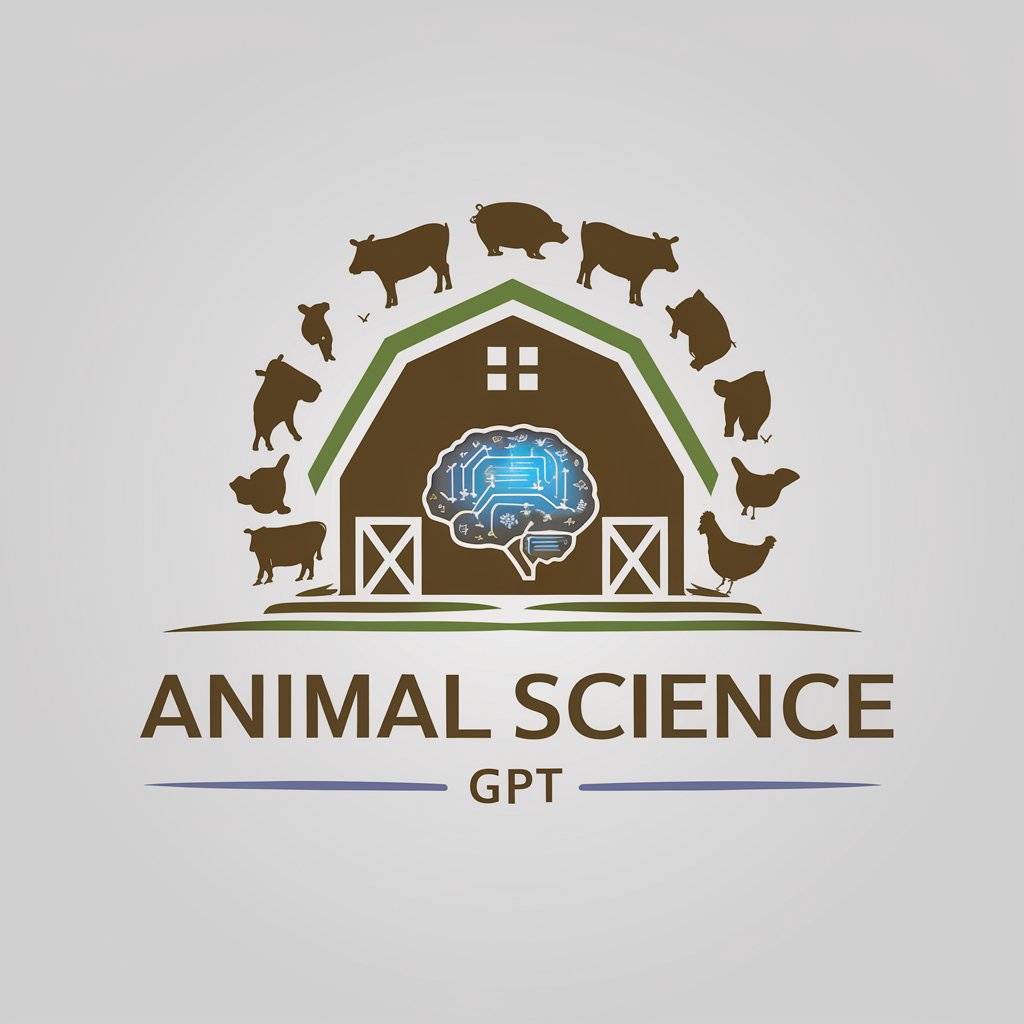
Agronomy
Empowering Agriculture with AI
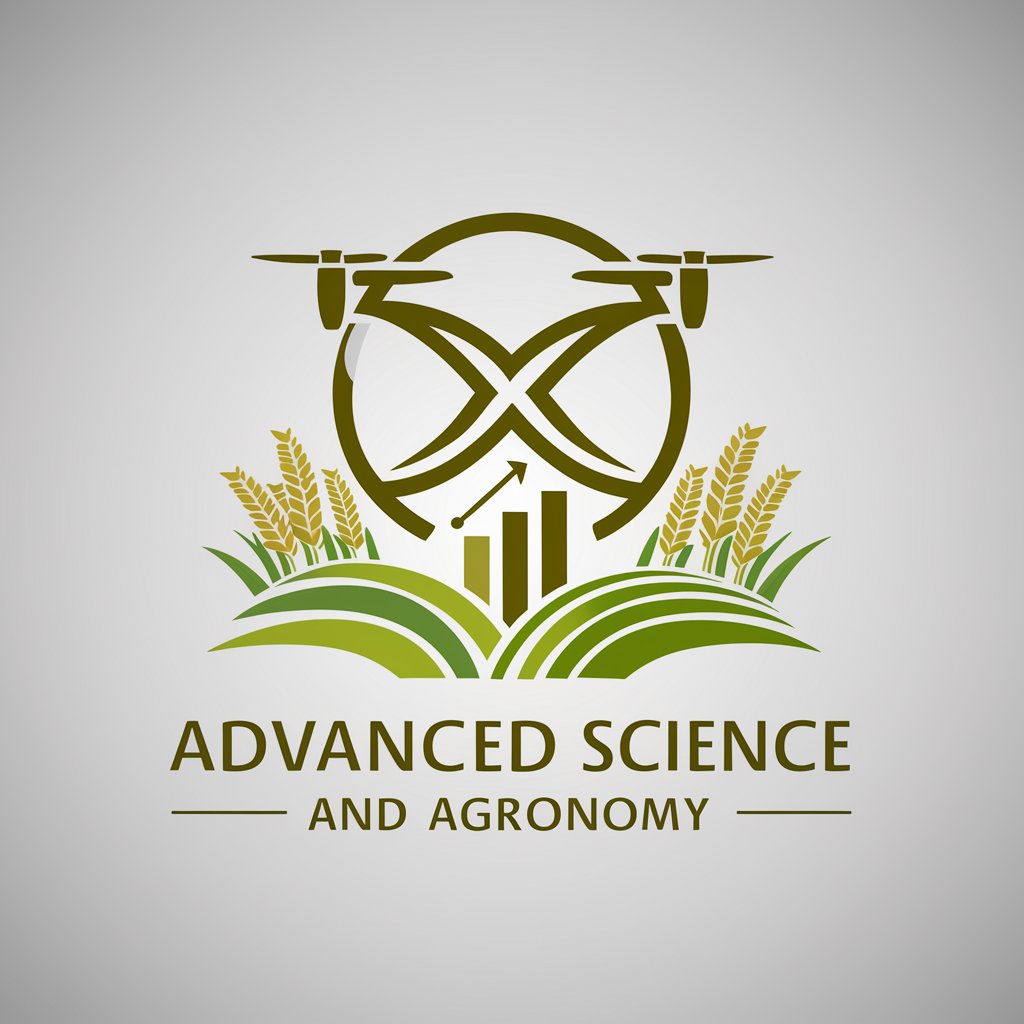
Frequently Asked Questions about Agricultural Management
What is Agricultural Management?
Agricultural Management involves overseeing and optimizing various aspects of agricultural businesses, including crop and livestock production, financial planning, market analysis, and the adoption of sustainable practices to ensure efficient and profitable operations.
How can this tool help improve farm profitability?
By providing insights into market trends, cost-effective resource management, and advanced agricultural technologies, the tool helps farmers and agribusinesses make informed decisions that increase efficiency, reduce costs, and maximize profits.
Can this tool assist in sustainable farming practices?
Yes, it offers guidance on implementing sustainable agricultural practices, such as precision farming, integrated pest management, and soil conservation techniques, contributing to environmental sustainability and long-term productivity.
What kind of data analysis does the tool provide?
The tool offers comprehensive data analysis capabilities, including yield forecasting, weather impact assessment, and market demand trends, enabling users to plan and adjust their strategies accordingly.
Is Agricultural Management suitable for small-scale farmers?
Absolutely, it's designed to cater to the needs of all sizes of agricultural operations, offering scalable solutions that help small-scale farmers optimize their resources, improve crop yields, and navigate market dynamics effectively.
